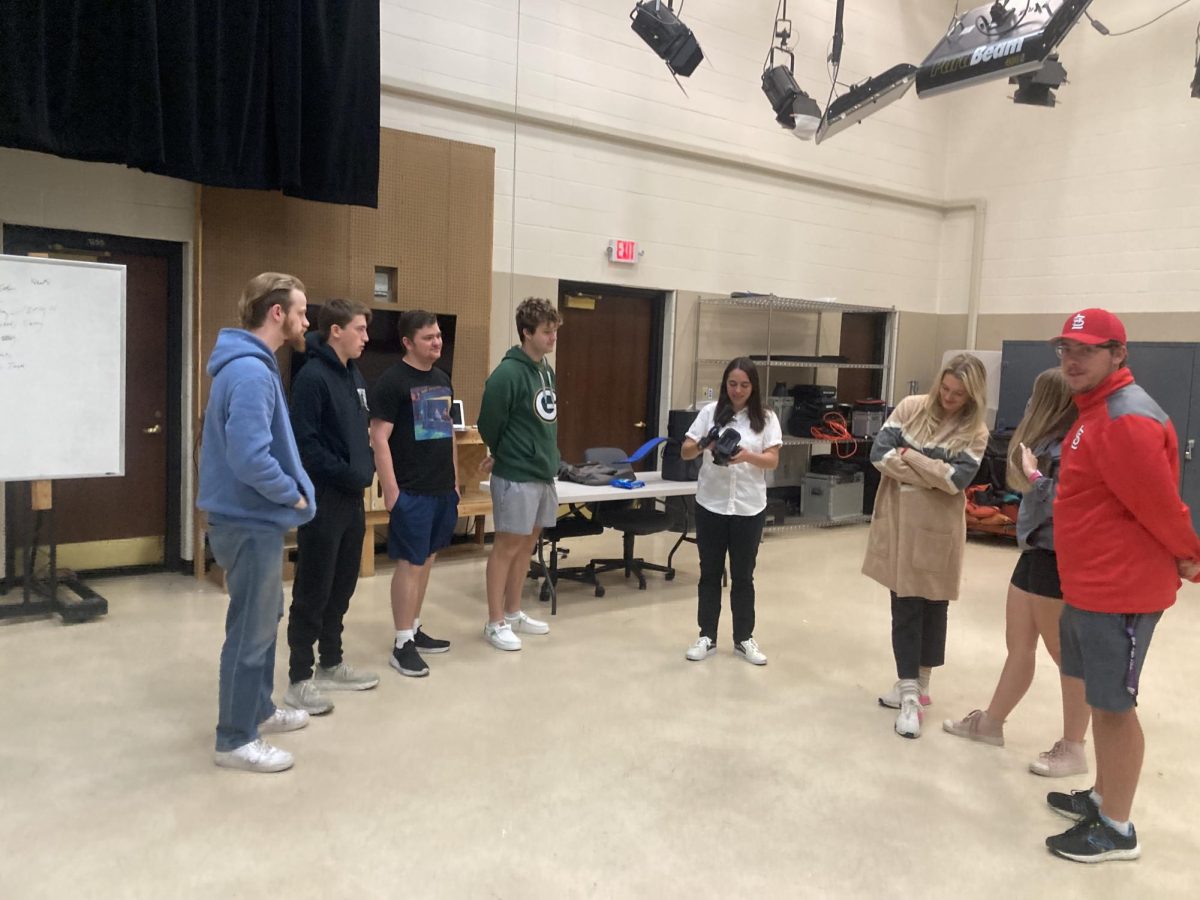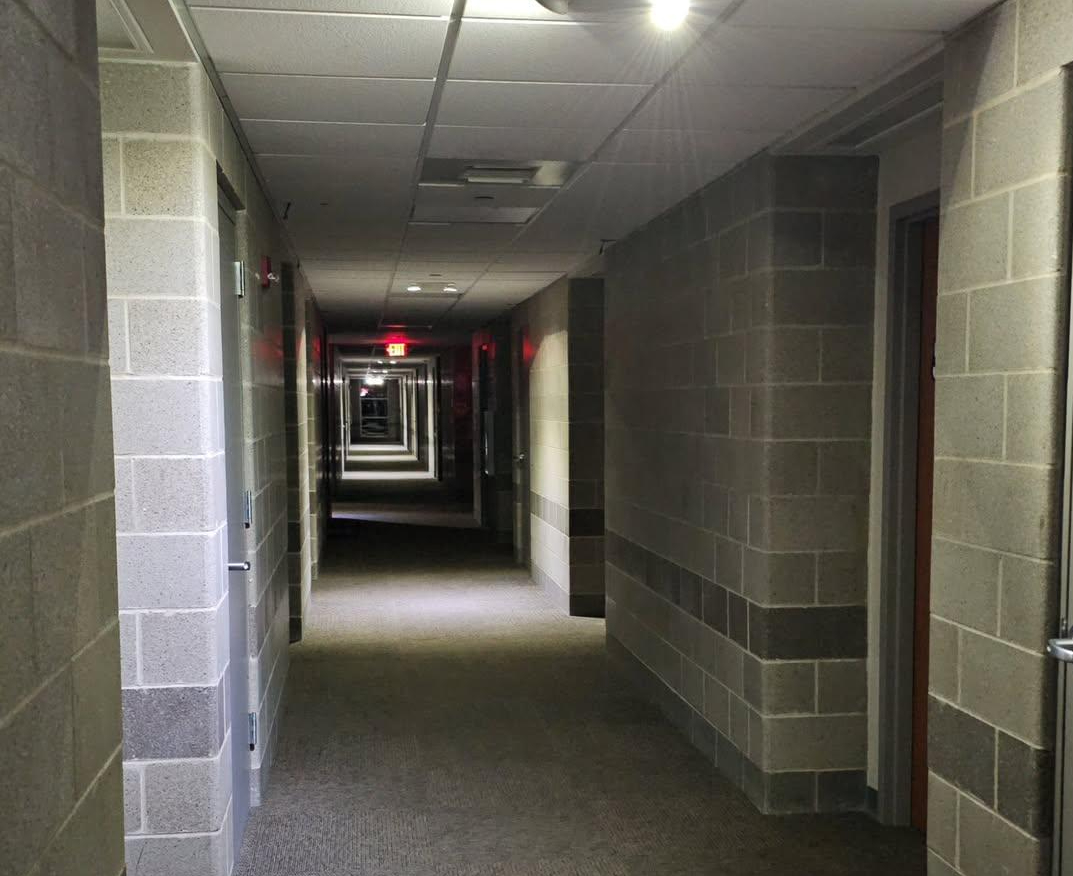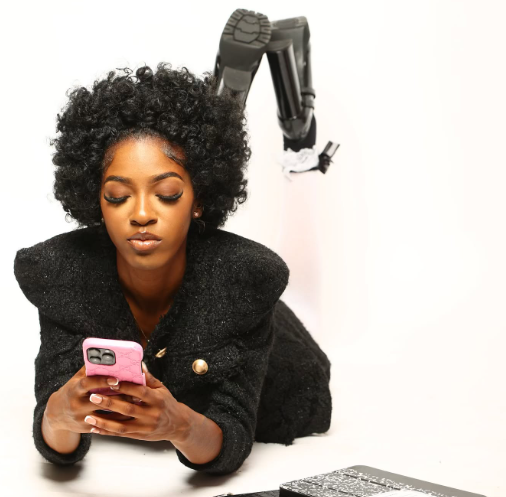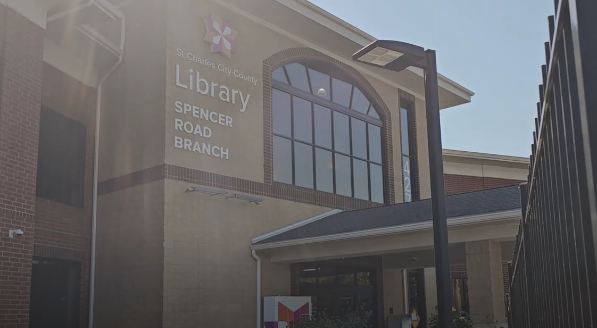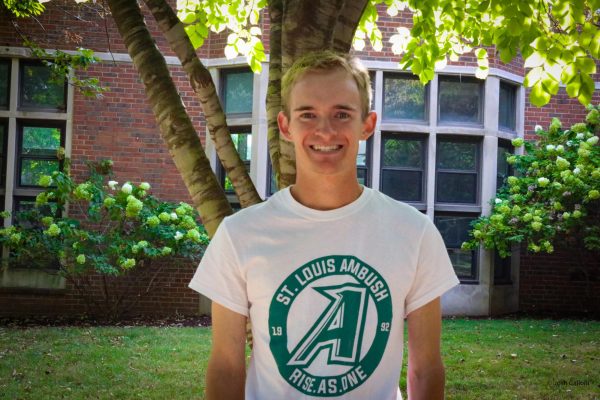This year, Lindenwood has had at least 16 new professors, including nine in the university’s college of arts & humanities and seven in the college of science, technology, and health.
English professor Michelle Trantham has previous experience teaching at Lindenwood as a part-time professor. She previously taught full-time at St. Charles Community College for two years but eventually moved to an adjunct role. In Trantham’s years between working full-time at SCC and Lindenwood, she has worked part-time at SCC, Lindenwood, and Maryville. Through Trantham’s first year teaching full-time at Lindenwood, she has liked the major mix of students across the university.
“Lindenwood is an interesting college for a lot of reasons. We get a wide array of students here, which you wouldn’t see at a normal private school. You see legacy students here, there’s a lot of athletes, there’s a lot of theater kids, you don’t often get that kind of mix. And we have more and more non-traditional students which is pretty cool,” Trantham said. “I like teaching non-traditional, I especially got a lot of that from the community college, and I enjoy teaching those students, so I’m glad we have a good mix of those here.”
Communications professor Morgan Butler is from San Francisco, California, and previously taught at San Francisco State University and worked on a San Francisco TV station before being a professor. Cinema arts associate professor Andrew Millians heard about Butler during an event called BEA (Broadcast Education Association) from someone Butler attended the event with.
Not too long after, Millians emailed Butler to hire her for a position as a communications professor at Lindenwood. The university’s program has been everything Butler’s been looking for when transitioning from industry to a university, especially with the facility, equipment, and programs the school offers.
“Students might not know this yet, but to be working on the Ross carbonite switcher system here, and the Ross Xpression graphics, and Mira playback system as well, are really going to give them a leg up when they move out into the industry. And so, for me, teaching from a technical standpoint, the equipment I’m working with in class is really important for how we can actually teach a class,” Butler said. “The trickiest thing of working as a professor is to remind yourself that you are the vessel for students to do the production and that you yourself are not the one doing the production. So giving students the tools and the knowledge necessary to execute the production, rather than actually coming in and pushing the buttons to do so.”
So far, Trantham, Butler, and all the other new professors have liked their new workplace. They’ve liked the campus, the courses the university offers, the programs and opportunities the school has, and that at Lindenwood you never know who you will run into. They have admired many things about their new workplace, and look forward to what more experiences they will have.
“I’ve really enjoyed working with equipment in the facilities, getting to know the other faculty in my department, and getting to work with them and looking for rooms for collaboration between courses, going out into the future,” Butler said. “[The students and I] still have to adapt to things, but the more successful productions that we do, the more that everything starts to feel like a cohesive and really rewarding environment. It’s been great to meet the students as well, they’re very different from the students that I’ve worked with previously. And so figuring out how to kind of navigate and negotiate that student body here is a fun challenge as a professor as well.”



